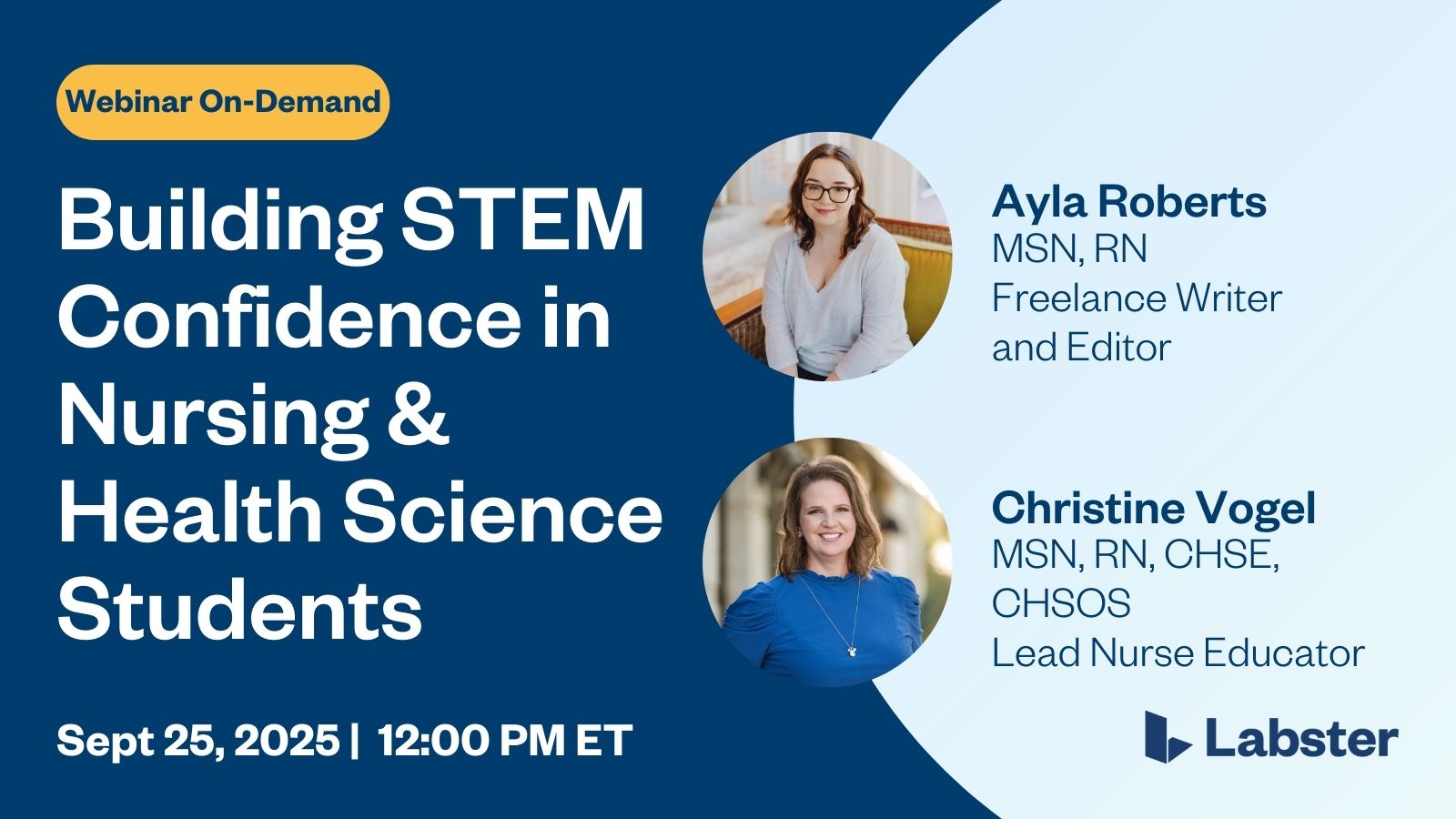
Table of Contents
Name of the heading
Self-care isn’t as simple as taking a bubble bath and applying a face mask, especially when you’re in a profession as challenging as being a STEM educator. You face daily demands such as a reduced lab supply budget, burnout, insufficient access to technology, and disengaged students. It’s easy to get jaded, but we hope we can shed some light on how you can care for yourself as a STEM educator.
We realize that much of what ails you is in the hands of your administration, so we’ve also created a blog post about how administrators can prevent teacher burnout.
Still, there are things you can do to make sure you’re taking care of yourself. According to the National Institute of Mental Illness (NAMI), there are six aspects to self-care:
- Physical - Taking care of your body through exercise, nutrition, sleep, etc.
- Mental - Processing everything that’s happening around and within you.
- Emotional - Taking action on the feelings of what’s happening to you.
- Spiritual - Finding hope and meaning in your everyday life.
- Social - Having the right people in your life to support you.
- Professional - Having the necessary resources and opportunities to grow.
We’ve gathered 7 no-frills ways to put self-care into practice as a STEM educator, weaving in each of the six NAMI focuses.
1. Remember your North Star
Remember that you’re making a difference in the lives of your students and the world. You’re influential as a STEM teacher, shaping young hearts and minds! You’re teaching students how to be future scientists, medical professionals, and maybe even Nobel Prize winners to change the world and tackle our most pressing problems. It’s no small feat. If you remember why you chose this path, you may reignite that spark.
2. Create and hold boundaries
It’s okay to say “no” sometimes. You don’t have to serve on every committee or say “yes” to every school event. Know your limits and honor them. It’s not always as simple as not working after a certain time, but do your best to keep time limits on the number of hours you work and make sure to turn off sometimes!
3. Know what you can control and let go of the rest
What you can control is perhaps speaking out about your reduced lab budget, but you can’t control what comes next. Continue to do what you can, such as making the best of what you have for your students.
4. Speak up for yourself & others
I know it’s easier said than done, but if you can speak up when your administration makes a decision that negatively impacts teachers, staff, or students, your community will benefit from your voice. It’s important to show up and speak up to make your corner of the world a little bit better than it was yesterday.
5. Take time for reflection
Reflection gives a chance to pause amongst the chaos and take a moment to take stock. Whether weekly, monthly, or at the end of the year, take time to reflect. This may include looking at student feedback, too, and seeing how you can include that in becoming a better teacher. It can also help you reflect on any career growth you’re seeking as well.
6. Ask for help when you need it
You don’t have to wait until the gas tank is empty to ask for help. Even if it’s half-full (or half-empty), it’s okay to reach out and ask for what you need. This may mean talking to your administration, another teacher, or a mental health professional. Do what you need to do to take care of yourself.
7. Share your self-care practices with your students
If you’re having a particularly rough day, you don’t have to abandon your lesson plan entirely, but you could modify it to include more fun or even a break. Students will appreciate it, too, as they experience mental health struggles and burnout in their own way.
Let go of any thoughts of self-care being selfish. Sometimes you have to meet your own needs first! The oxygen metaphor exists because it’s true; put your mask on before helping others with theirs to keep you both safe.
FAQs
Heading 1
Heading 2
Heading 3
Heading 4
Heading 5
Heading 6
Lorem ipsum dolor sit amet, consectetur adipiscing elit, sed do eiusmod tempor incididunt ut labore et dolore magna aliqua. Ut enim ad minim veniam, quis nostrud exercitation ullamco laboris nisi ut aliquip ex ea commodo consequat. Duis aute irure dolor in reprehenderit in voluptate velit esse cillum dolore eu fugiat nulla pariatur.
Block quote
Ordered list
- Item 1
- Item 2
- Item 3
Unordered list
- Item A
- Item B
- Item C
Bold text
Emphasis
Superscript
Subscript






